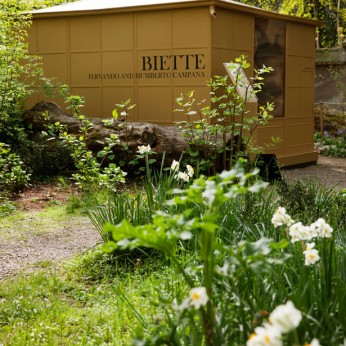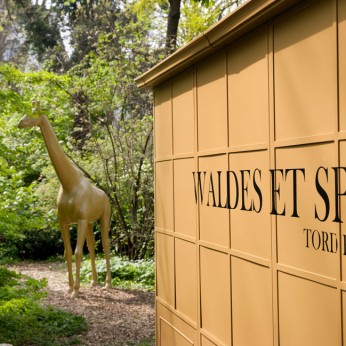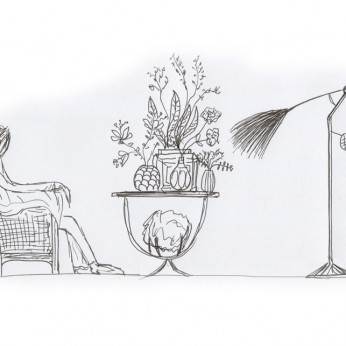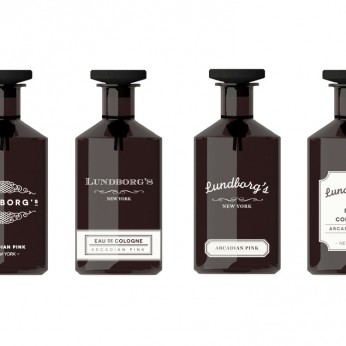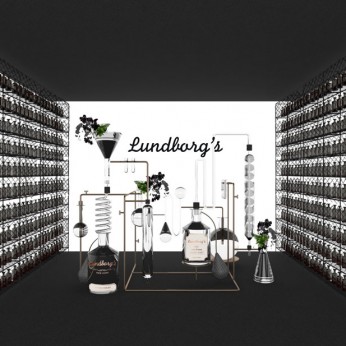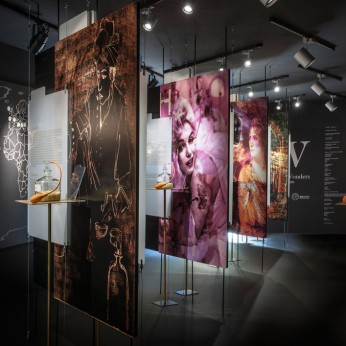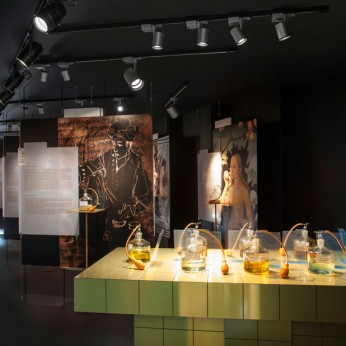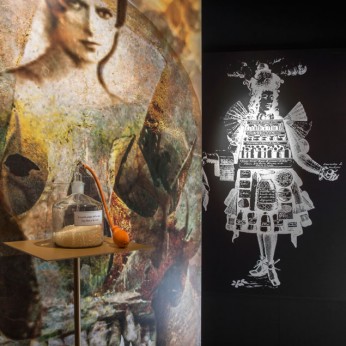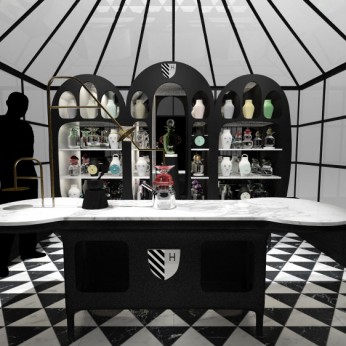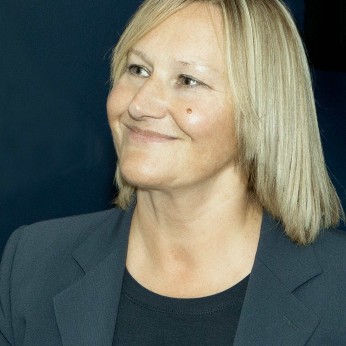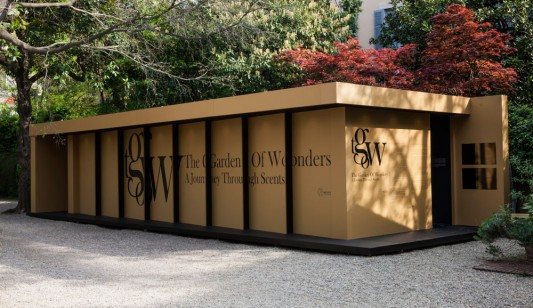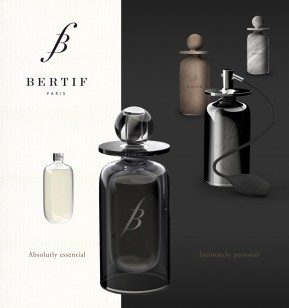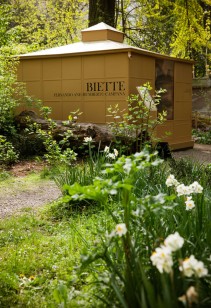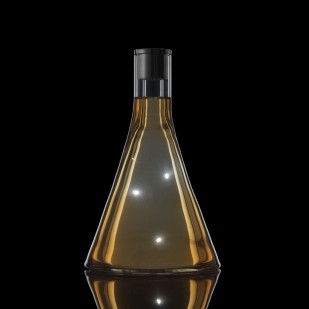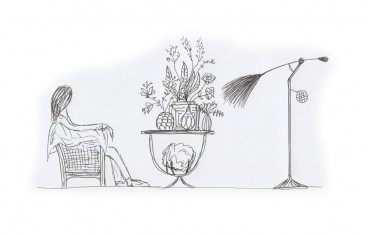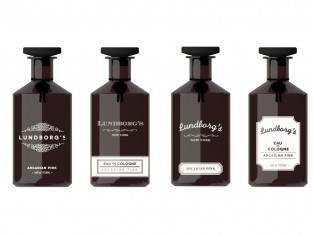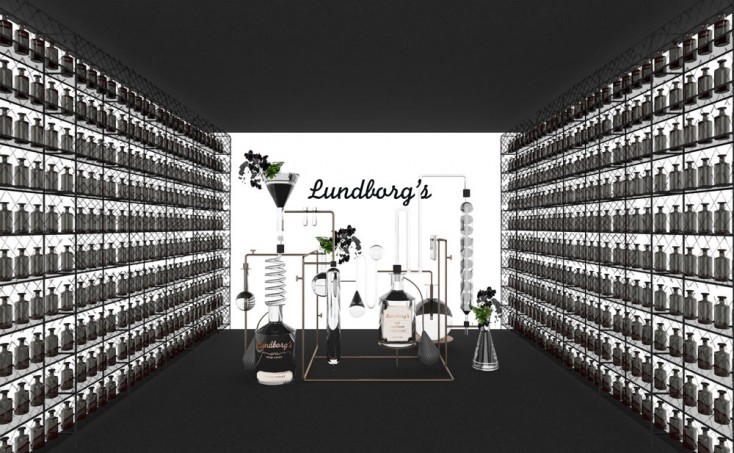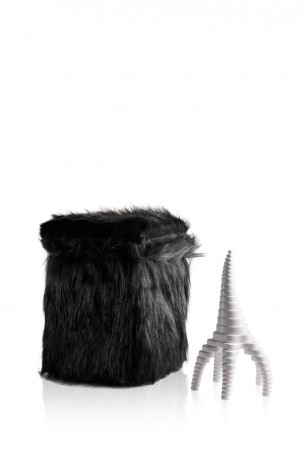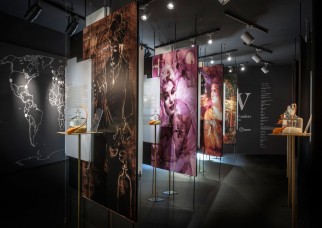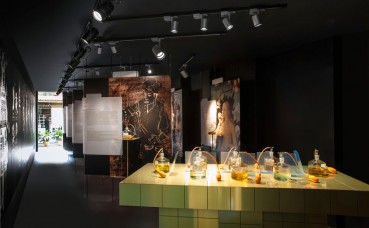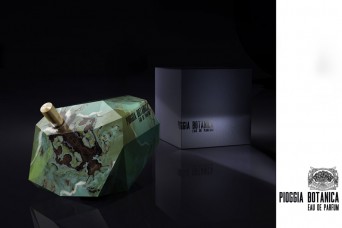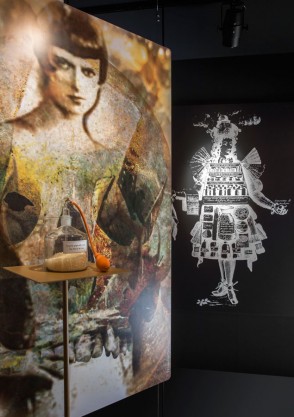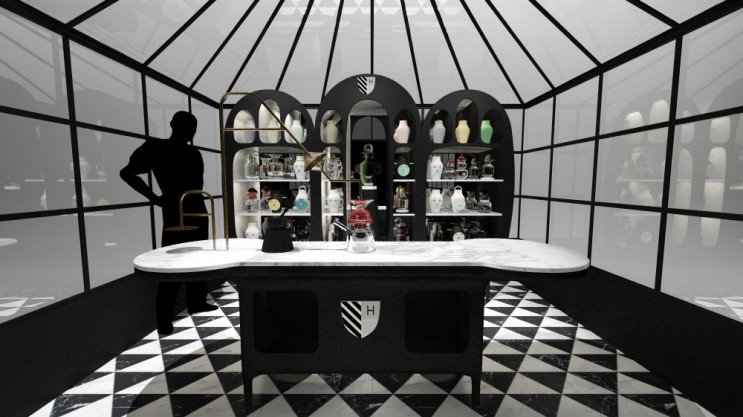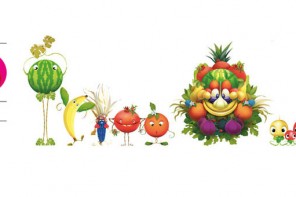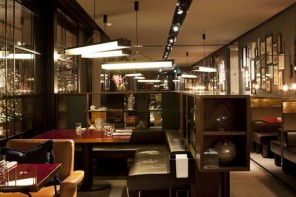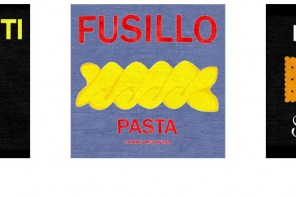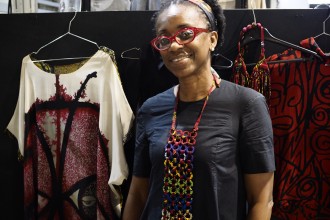BACO’s Editor-in-Chief Sofia Celeste chats with Russia’s richest woman, Yelena Baturina about her BE OPEN philanthropy, a think tank that cultivates and connects the greatest minds of the 21st century: artisans, philosophers, sociologists, designers, architects, writers, businessmen and opinion leaders, as well as promising emerging talent.
For the Expo, BE OPEN has decided to focus on the world of fragrances in an event entitled “A Journey Through Scents,” that shines a spotlight on historic perfume brands, and some extinct ones like the French label Biette and Lundborg, which is famous for its Liberty style advertisements.
Located in Milan’s Orto Botanico, the event will run until May 24. The organization of the exhibit has been spearheaded by designer and architect Ferruccio Laviani who has created an interactive tour for visitors to experience the basics of olfaction. The Houses of Wonders embraces 8 installations by 8 designers who worked on fabled brands applying their own personal vision in an effort to rebrand them.
BACO: Your BE Open Made in project has been promoting craftsmen in the creative arts and fashion since 2014. What are the sort of challenges the luxury sector faces in perpetuating traditional craft?
Yelena Baturina: The luxury sector, of course, faces some challenges when involving traditional crafts into their business, but these challenges are usually referred to production and marketing. The risks of the craftsmen, on the contrary, are much more fundamental.
As we all know, luxury brands have recently rediscovered crafts thus giving traditional techniques and their adepts a remarkable chance to survive and flourish by way of integrating into the huge and extremely profitable fashion industry of today.
Our recent project in India provided us with extensive information on the interrelation between local crafts and international brands. We are convinced that craftsmen themselves should in the first place be aware of their value and build up their relationship with the brands they work with on adequate terms. What we are focusing on with our MADE IN program is that craftsmen are not just suppliers of goods, they are carriers of unique and rich traditions that constitute an important part of local culture, and this can be enhanced and preserved through the luxury sector. I think the biggest challenge for craftsmen is to become active players in the contemporary creative and marketing process, and this is what our current projects are about.
BACO: Do you think luxury consumers in your home country appreciate handmade quality products or are they looking for more trusted names?
YB: I suppose Russia is like any other country in the world, in this respect. Of course most consumers rely on big brands because they represent quality. On the other hand, more and more people get tired with homogenised mass production, trying to find options that would illustrate their unique styles and personalities. So the demand is definitely shifting to small-numbered, handmade individual items. This is especially true with such an intimate and deeply personal sector as fragrances – and here in search of exclusivity and self-identification top consumers turn to tiny niche brands that are in fact nothing else than crafts.
BACO: What countries are of interest to you in terms of supporting artistic talent?
YB: Artistic talent has no home, no nationality, no continent. The BE OPEN Foundation was created with the exact idea that in order to look at our common future with different eyes you have to be open to everything, look for ideas everywhere, involve creative people from all over the world. I am sure that the most prominent ideas are born on the joint of various disciplines. The multidisciplinary approach, the ability to wash out the borders between creative people and ideas of diffirent countries, backgrounds and spheres is what males BE OPEN so strong.
BACO: Italy is the home to the finest luxury craftsmen on the planet. How can we help Italian talent grow and protect itself from its talent being monopolized by large conglomerates?
YB: Italians have developed some of the most amazing and exquisite traditional technical productions. There is nothing wrong in these techniques being acquired by conglomerates per se: I am business women and I understand the needs and mechanisms of the markets. What we are concerned with is establishing a wise and balanced approach to these aquisitions: acquiring traditional craft productions makes sense only if their skills, knowledge and most importantly attitude behind them are carefully preserved. So the most important thing is to balance the needs of the markets with the generations-old traditions that make the hand crafted products so unique.
BACO: At the Garden of Wonders you will be supporting perfume? Why is the Expo the ideal place to promote artisanal craftsmen?
Expo is about sustainabilty this year, and crafts are one of the most sustainable manifestations of human activities – craftsmen mostly use local natural materials and preserve their supplies with care in order to pass their productions to future generations. In this regards fragrances are the perfect object, as they have such strong links both to natural materials and handcrafts. It is our alternative way of looking at the main EXPO theme, and we hope our Garden of Wonders project will be interesting both for the visitors and industry players.
ALSO IN THIS ISSUE: ERA Olive Oil: Liquid Gold, Gnam Box: The Hipster’s Dinner Party, EXPO GUIDE TO MILAN, Mumbai’s Le 15: Chewing on Couture, Alessandro Enriquez of An Italian Theory , Interview with Russian Oligarch Yelena Baturina, Brigitte Niedermair on Man’s Fixation with Fashion, Food




